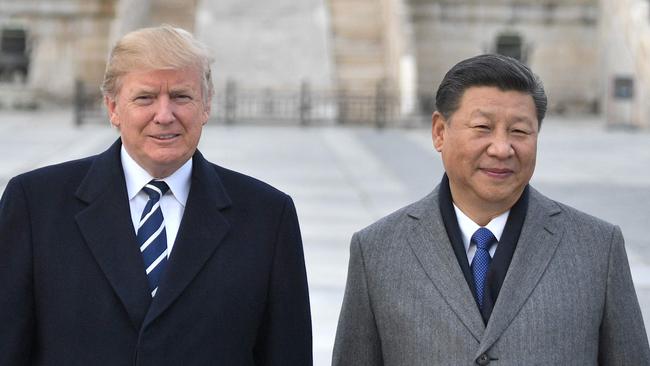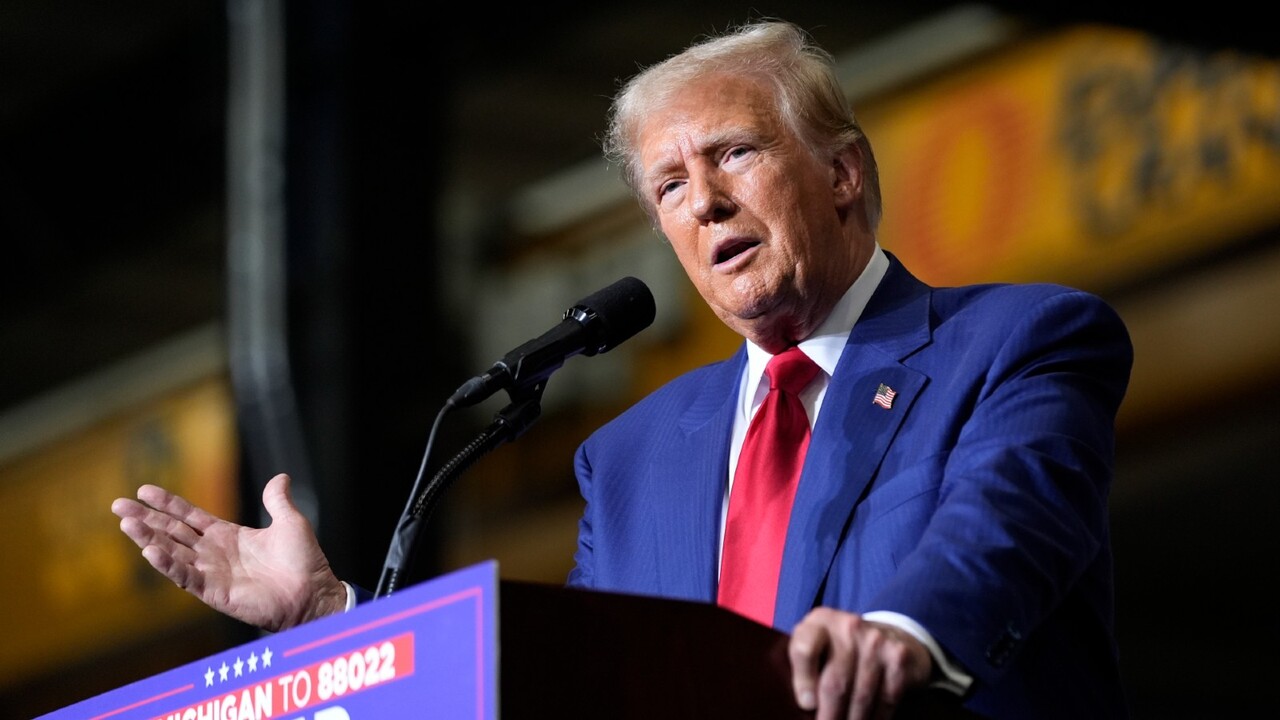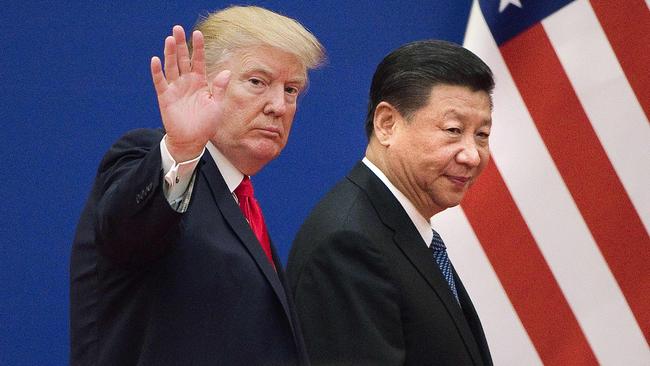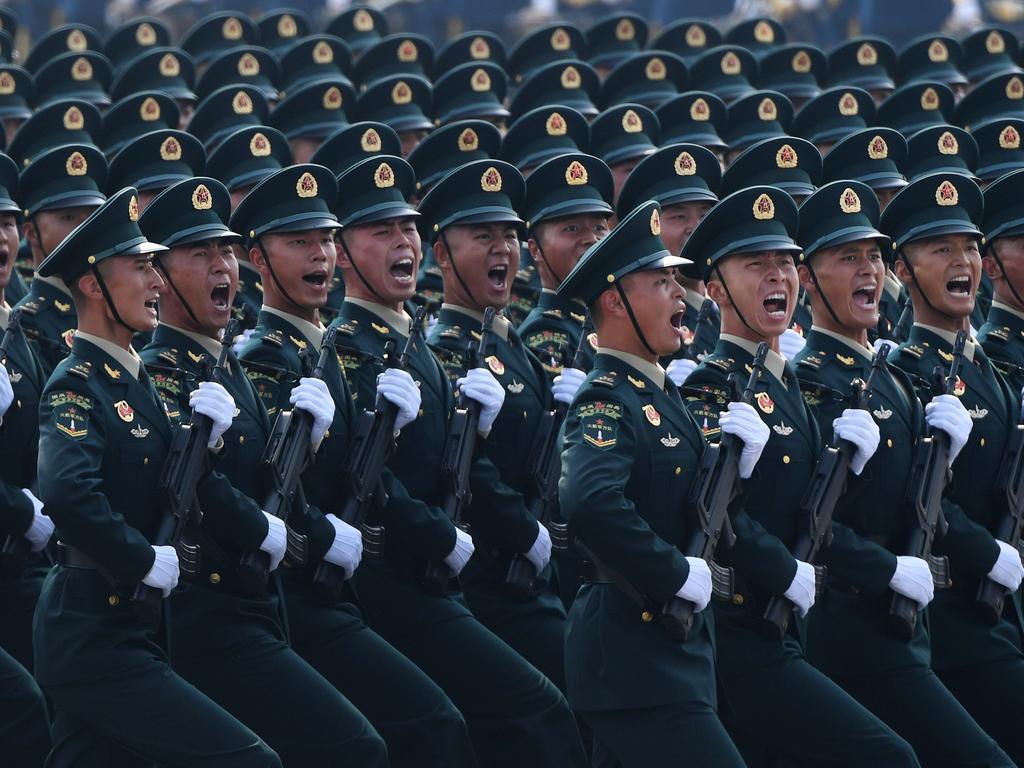
For almost an hour, there was total silence on the Chinese internet about Trump’s threat to impose 10 per cent tariffs on almost $US400bn worth of products from China unless Beijing addressed his fury about Chinese fentanyl ingredients.
A source in China’s state media told me everyone was waiting for the Chinese government to give its line.
Then, about an hour after the US president-elect’s social media barrage had led news sites around the world, China’s national broadcaster CCTV, announced the news — and set the tone of Beijing’s response.
“Trump arrogantly proposes to impose a 10 per cent tariff on goods imported from China,” CCTV declared.
The story quickly topped China’s search engine Baidu’s search list.
That key word – arrogantly – was everywhere.

Eight weeks before Trump has even been inaugurated, the second China-America trade war has begun. It is set to get very ugly, very fast.
Most observers in China think it will continue as long as Trump’s second term and its effects will long outlast him.
And as the Reserve Bank of Australia and Treasurer Jim Chalmers have made clear, what happens to our biggest trade partner is going to be felt in Australia.
These new tariffs would build on the considerable pile Trump built up in his first term (many already at 25 per cent) and to which Joe Biden has added, rather than dismantled.
Trump campaigned saying he would raise them to 60 per cent on all Chinese imports. That’s the direction of travel. They could even go higher.
A violent trade clash with the world’s biggest economy is the last thing Chinese businesses need right now.
Much of China’s economy is limping towards the country’s 2024 growth target of “about 5 per cent”.

Expert observers of the Chinese economy, such as Dan Rosen at the Rhodium Group, think the actual economic growth rate is closer to 2 per cent.
There is no debate that many in China are doing it tough right now. More than 10 million people are estimated to have lost their jobs from the country’s gravely wounded property sector in the past three years.
Trump and his advisers know all this. And they know that in a trade war with China, America comes with huge leverage because the US continues to buy so much more from China than China does from the US.
That almost $US400bn imbalance is Trump’s core grievance, but it means he has far more Chinese trade to threaten than Beijing does.
Tuesday’s 10 per cent threat was accompanied with a claim, delivered in front of the whole world, that Xi Jinping and his government had lied to the incoming American president.
“I have had many talks with China about the massive amounts of drugs, in particular fentanyl, being sent into the United States – but to no avail,” Trump declared.
Not only was the Chinese President a liar, according to Trump, he was in cahoots, or at least tolerating, huge criminal drug operations.
It is a shocking change of tone from the red carpet, flag waving reception China’s leader received last week in Peru and Brazil.
Expect Xi to be furious. Trump is not the only leader of a world superpower with a huge ego.
And as Canberra knows well, China’s President is more than willing to take a no holds barred approach in economic tussles.







Beijing’s initial response to Donald Trump’s opening shot in the second round of his trade war with China was to pretend it hadn’t happened.